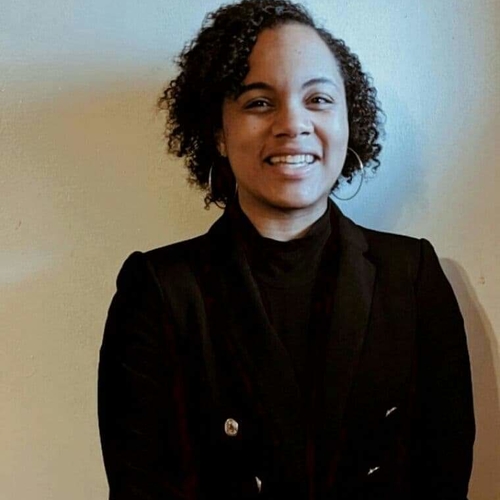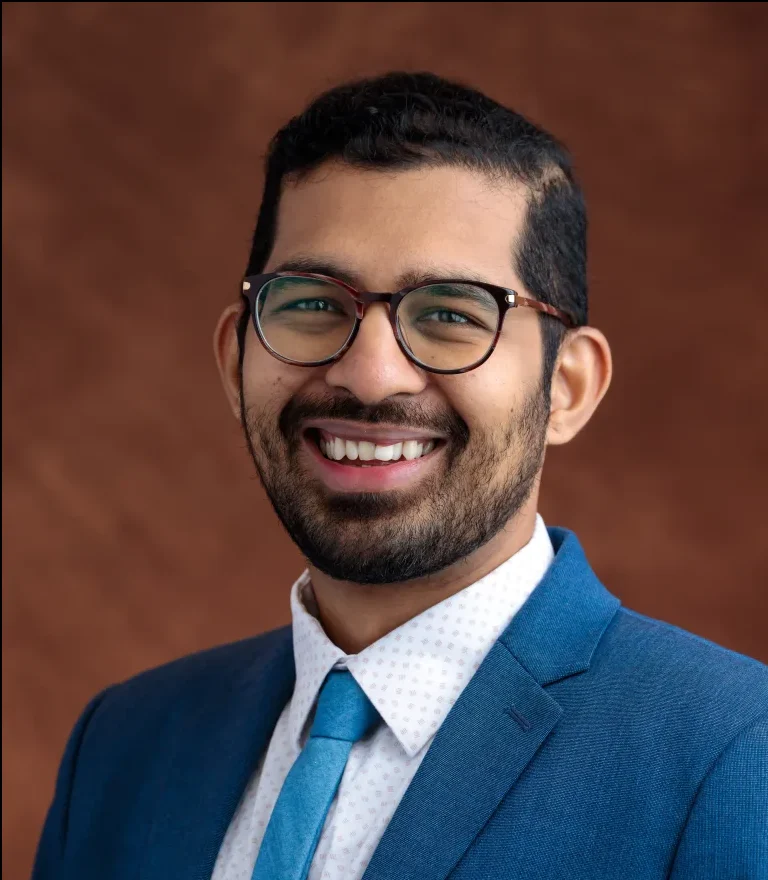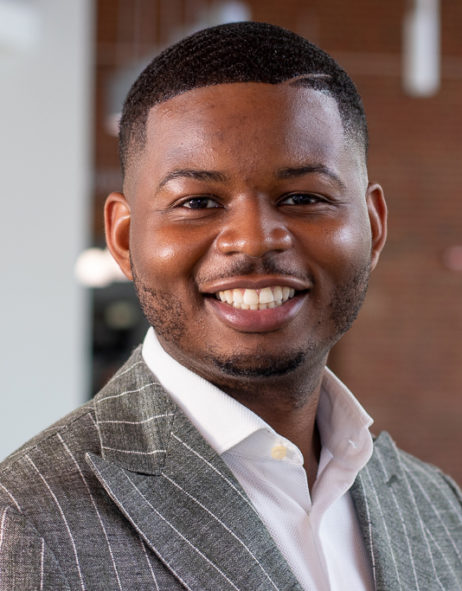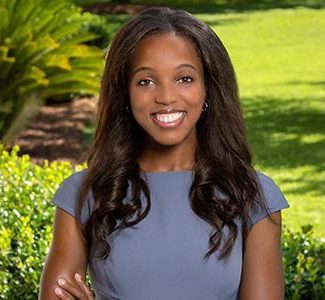The American Bar Foundation (ABF) has awarded four emerging scholars its 2020-21 doctoral and post-doctoral fellowships. Amber Joy Powell, Kumar Ramanathan, Christopher Mathis, and Charquia Wright will begin their fellowships with the ABF in September 2020.
The ABF offers several distinct fellowship opportunities to foster the next generation of scholars engaging in original and significant research in law, social science, and higher education. ABF fellowships include: the ABF Doctoral Fellowship in Law and Inequality, to encourage original and significant empirical and interdisciplinary research on the study of law and inequality; a doctoral fellowship co-sponsored with Northwestern University (NU), the ABF/NU Doctoral Fellowship, to encourage original and innovative research on law, the legal profession, and legal institutions; and the ABF/AccessLex Institute Doctoral and Post-Doctoral Fellowship in Legal and Higher Education, which is co-sponsored with AccessLex Institute to assist emerging scholars who research issues of access, affordability or value in legal and higher education.
The ABF selected four scholars from a highly competitive applicant pool. Their fellowships are as follows:
- Amber Joy Powell: the ABF Doctoral Fellowship in Law and Inequality
- Kumar Ramanathan: the ABF/Northwestern University Doctoral Fellowship
- Christopher Mathis: the ABF/AccessLex Institute Doctoral Fellowship in Legal and Higher Education
- Charquia Wright: the ABF/AccessLex Institute Post-Doctoral Fellowship in Legal and Higher Education
Doctoral and post-doctoral fellows participate in the ABF’s interdisciplinary research community by participating in a weekly seminar series with leading scholars from around the country, and by contributing to workshops and discussions with other fellows. They also work closely with ABF faculty and other scholars, who serve as mentors helping to guide and direct their research. The fellowship program also seeks to identify and mentor emerging scholars from underrepresented backgrounds and groups. Program alumni have moved on to promising careers as tenure track professors, legal practitioners, and social science researchers.
“We look forward to welcoming our newest cohort of outstanding doctoral and postdoctoral fellows,” said ABF Executive Director Ajay K. Mehrotra. “With the help of partners like AccessLex, Northwestern University, and the National Science Foundation, we are excited to continue to mentor the next generation of empirical and interdisciplinary sociolegal scholars.”
About the ABF’s 2020-2021 Doctoral Fellows:




###
About the American Bar Foundation
The American Bar Foundation (ABF) is the world’s leading research institute for the empirical and interdisciplinary study of law. The ABF seeks to expand knowledge and advance justice through innovative, interdisciplinary, and rigorous empirical research on law, legal processes, and legal institutions. To further this mission the ABF will produce timely, cutting-edge research of the highest quality to inform and guide the legal profession, the academy, and society in the United States and internationally. The ABF’s primary funding is provided by the American Bar Endowment and the Fellows of The American Bar Foundation.
